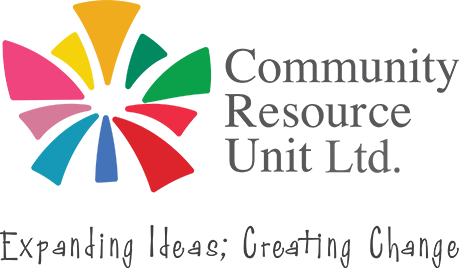This edition of CRUcial Times focuses on the theme of "Expectations of government and their role in service provision"
This edition contains the following articles:
Editorial
Anne Cross
A just and civil society
What is the role played by government in the creation of a just and civil society? In the second in our series on this topic CRU asked Eva Cox, well-known Australian writer and broadcaster, to contribute her ideas and insights. Eva is known for her work on the concept of Social Capital and in this article she links that concept to her ideas about Giving, which is such an important part of our social relationships.
More thoughts on the new agency
The new Disability Agency is currently being established by the Queensland government and Jenny Smith of Rockhampton suggests some important characteristics of the Agency.
Shaping family support
Dianne Hughes from Sunnybank Family Support describes the development of a Collaboration Project, the purpose of which has been to identify the most beneficial ways of supporting families in the Brisbane South region who are assisted by two or more different services.
Families contribute their ideas
Jennifer Morrison, who was engaged by CRU as principal consultant of the Collaboration Project, describes some important contributions made by families to the Project.
Strengthening families through local area co-ordination
Chris Maher writes from the Kimberley region about the role that Local Area Coordination plays in the lives of families in Western Australia. This article, and the following one, will be of particular interest as five LAC pilots will commence in Queensland this year.
The story of one families journey
Katrina Luckins also writes from the Kimberley region and tells of a remarkable journey that took her and her son around Australia, in a quest to find a welcoming community and a program that would link them to good support networks.
Formal Individualisation systems: their potential and limitations
In this article, Michael Kendrick explores what is meant by “individualisation” and how the operation of the wider service system limits the application and potential of individualised service responses. Michael also argues that these systems and responses are profoundly dependent on the qualities of the people using them.
A story of responsiveness
The following story by Bev Budden of North Queensland is a good example of the importance of listening, and of the crucial part that is played by a direct worker and an agency in responding to need.
